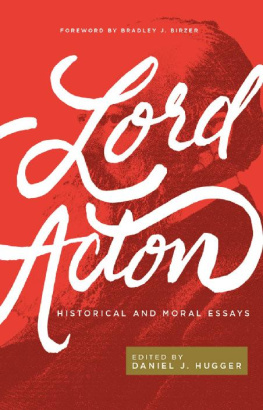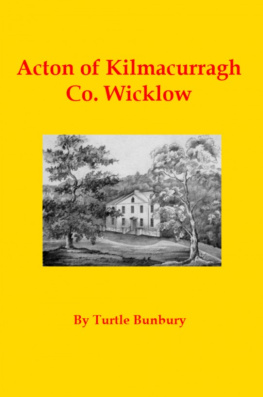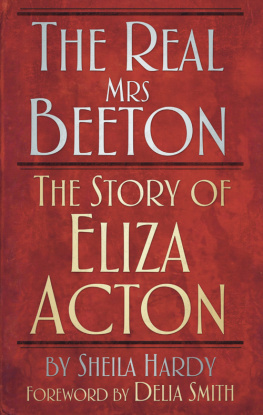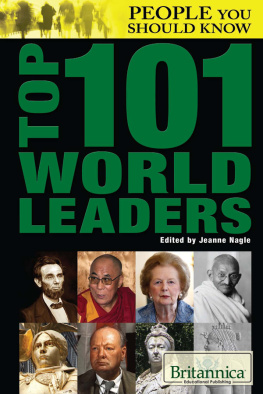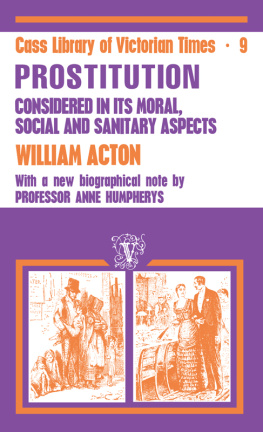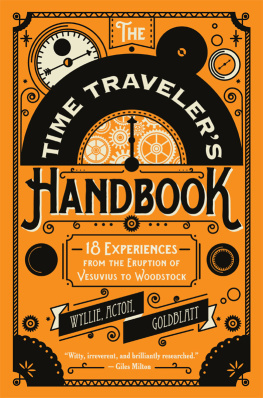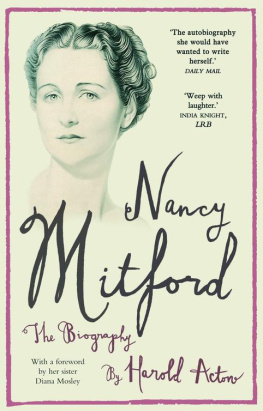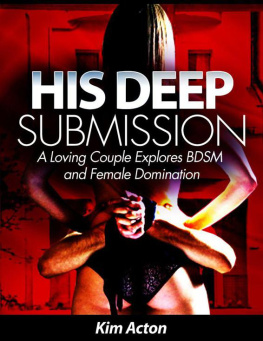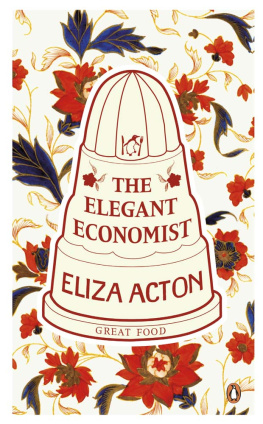Foreword
When scholars discuss the nineteenth century of Western civilization, they automatically and reflexively conjure images of the three most profound and original minds of the period: Karl Marx, Charles Darwin, and Sigmund Freud. Sometimes, depending on the scholar, one might list Friedrich Nietzsche as well. This is obvious in the massive and tedious surveys of Western civilization as well as in the remaining and lingering canons of Great Books. None of this is false, of course, and the three (or four) men remembered certainly were among the greatest of minds to come into this world of sorrows.
One might, with equal accuracy and a bit more humanity and justice, create a different trinity. What about John Henry Newman, Alexis de Tocqueville, and Lord Acton? After all, as the great Russell Kirk once argued, In every age, society has been relieved only by the endeavors of a few people moved by the grace of God. With the possible exception of Darwin, neither the taken-for-granted trinity nor their followers were wont to taint themselves or their ideas with the airy notion of the grace of God.
As for the newly proposed trinity of nineteenth-century thinkers, these men and their followers would lovingly accept the grace of God.
Even among these proposed three, however, Lord Actonthe author of the essays you now hold in your handsremains the least known, the least studied, and the least understood. True, nearly every American with any education at all remembers his assertion that power tends to corrupt. Other than this, though, hes largely forgotten or dismissed. Its as though his entire existence from 1834 to 1902 mattered only for that one sentence. Truly this is to both our discredit and our loss. Thanks to the Acton Institute and Daniel Hugger, we can begin to rectify this massive error near the beginning of the twenty-first century.
A profound thinker and essayist, Acton argued in his seminal piece of 1862, Nationality: Christianity rejoices at the mixture of races, as paganism identifies itself with their differences, because truth is universal, and errors various and particular.
While this is just one of many profound arguments that Acton advanced during his writing career, it is critical to see him not only as important in his own day and age, but also as the critical link in the arguments about natural rights, liberty, and human dignity between Edmund Burke and Thomas Jefferson, a century earlier, and Friedrich Hayek and Christopher Dawson, a century later.
In his own day and age, though, Acton tapped into something rather deep in the currents and movements of the Western tradition. Imagine for a moment the influence the original trinity mentioned above had on the West and on the world. When looking at the depth and intelligence and brilliance of their arguments, one can readily narrow down each to one fundamental element. For Darwin all things were biological and adaptive. For Marx they were economic. For Freud they were psychological. As Acton would well understand, none of these things were untrue. The problem with each was not falsity but lack of context. A human being is biological, economic, and psychological, but not singularly. Rather a human being is all of these plus a million other things. As with Burke before and Dawson after, Acton knew that humanitys greatness and its sin simultaneously resided in the immense complexity of each individual human person made uniquely in the infinite image of God. With Socrates as well as Hayek, Acton knew that we know very little and that, through humility, we recognize our limitations of knowledge.
Thus, one can readily picture Acton writing Christianity rejoices at the mixture of and mysteries of human complexities, as Darwinism identifies itself with their biological adaptation. Or, as Marxism identifies itself with their economic base. Or, as Freudianism identifies itself with their psychological urges. Each of these can be answered, yes, but theres more. Again, no matter how significant Darwin, Marx, and Freud were, Acton is more nuanced, broader, and thus, in the long run, more accurate and insightful. Unlike the three more famous men, Acton never demanded any gnostic sureties in this world or the next. Faith is, after all, not fact.
Of course, this book you now are reading is much deeper than what Ive just given. Hugger has ably and, indeed, lovingly crafted a book of some of the best arguments Acton made in his life. From a philosophy of history to the history of liberty, from specific personalities to the grand movement of ideas, Acton looked at all with a Catholic and classical wisdom so often lacking in his day. We would do well to remember Acton. In so doing, we remember not just the man, but the insight of one man into a much larger and unfathomably complicated world. True, in choosing Acton over Darwin, Marx, and Freud, we choose an ignorance and humility that the world hates. But, then, the world has generally hated whats good for it. Have your ideologies if you must, but Ill take truth, beauty, and goodness anytime.
Oh, and by the way, power does corrupt.
Bradley J. Birzer
The Imaginative Conservative
and Hillsdale College
[] Russell Kirk, The Roots of American Order (La Salle, IL: Open Court, 1974), 161.
[] Acton, Nationality, in Lord Acton: Historical and Moral Essays , 117.
[] Acton, Nationality, 117.
Introduction
Daniel J. Hugger
The nature of libertythat motive of good deeds and common pretext of crimeis contested: No obs It is contested to this day by liberals, conservatives, libertarians, and socialists, who all claim to be the champions of authentic freedom. From everywhere and everyone we hear calls for freedom on all sides of contentious issues.
Liberty is contested because it is complex. It is not merely a concern of political science or economy, an abstract philosophical concept, or a theological doctrine. It is all those things and many things besides; it is, as Lord Acton said, the delicate fruit of a mature civilization.
Acton attempted several grand historical projects before settling on constructing a universal history of liberty: the trial of Galileo, a modern history of the popes, the origin of the American Constitution, and a history of the Index of Forbidden Books, to name but a few.
The purpose of this collection of historical and moral essays is to introduce the contemporary reader to the way that Lord Acton traced the emerging substance of the idea of liberty through history. The first three selections: The History of Freedom in Antiquity (1877), The History of Freedom in Christianity (1877), and Actons review of Sir Erskine Mays Democracy in Europe (1878) provide a primer on the history of freedom. They were grouped together by J. Rufus Fears in his Selected Writings of Lord Acton as The History of Liberty, and of these selections Gertrude Himmelfarb wrote, although the History of Liberty has come down to us as the greatest book that was never written, it is possible to reproduce in broad outline the pattern of that history. In these selections Acton teases out this definition of liberty from the ancient Israelites to the aftermath of the Revolutions of 1848 and the emergence of socialism as a political force in Europe.
The essay Nationality (1862) covers much of the same time period as Actons review of Erskine Mays Democracy in Europe (1878) but shifts the focus to the rise of nationalism and the threat it poses to liberty. From a twenty-first century perspective a perspective shaped by the great conflicts of the twentieth century against fascism and communismActon appears positively prophetic. By the close of the First World War many in liberal nations had come to believe that a nations borders should be commensurate with lines of nationality. After the Russian Revolution the state was reorganized into Soviet Socialist Republics as part of a policy of national delimitation. The horrors of the Nazis race policy and those of similar fascist states were the logical end of the nationalist ideology according to Acton:

